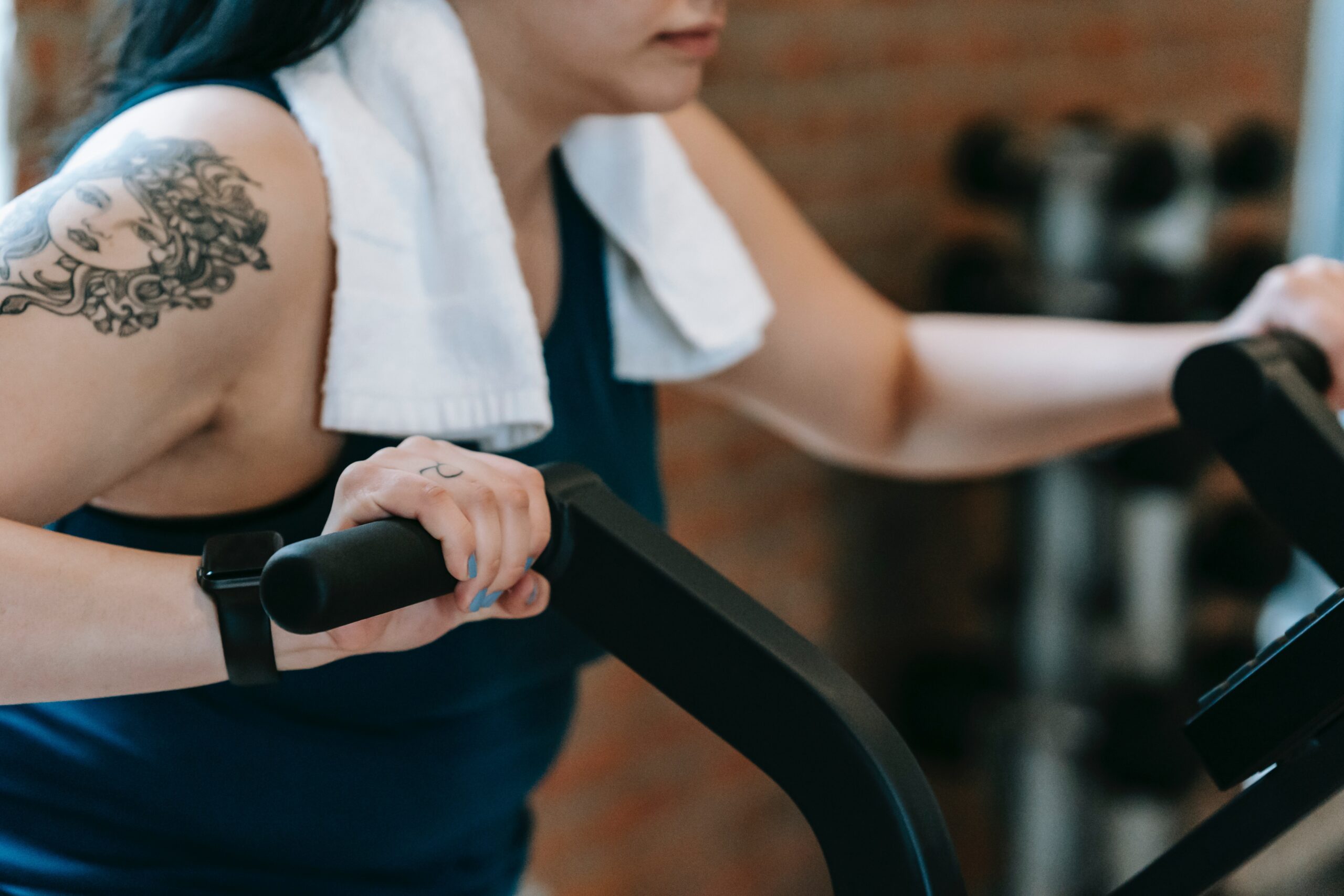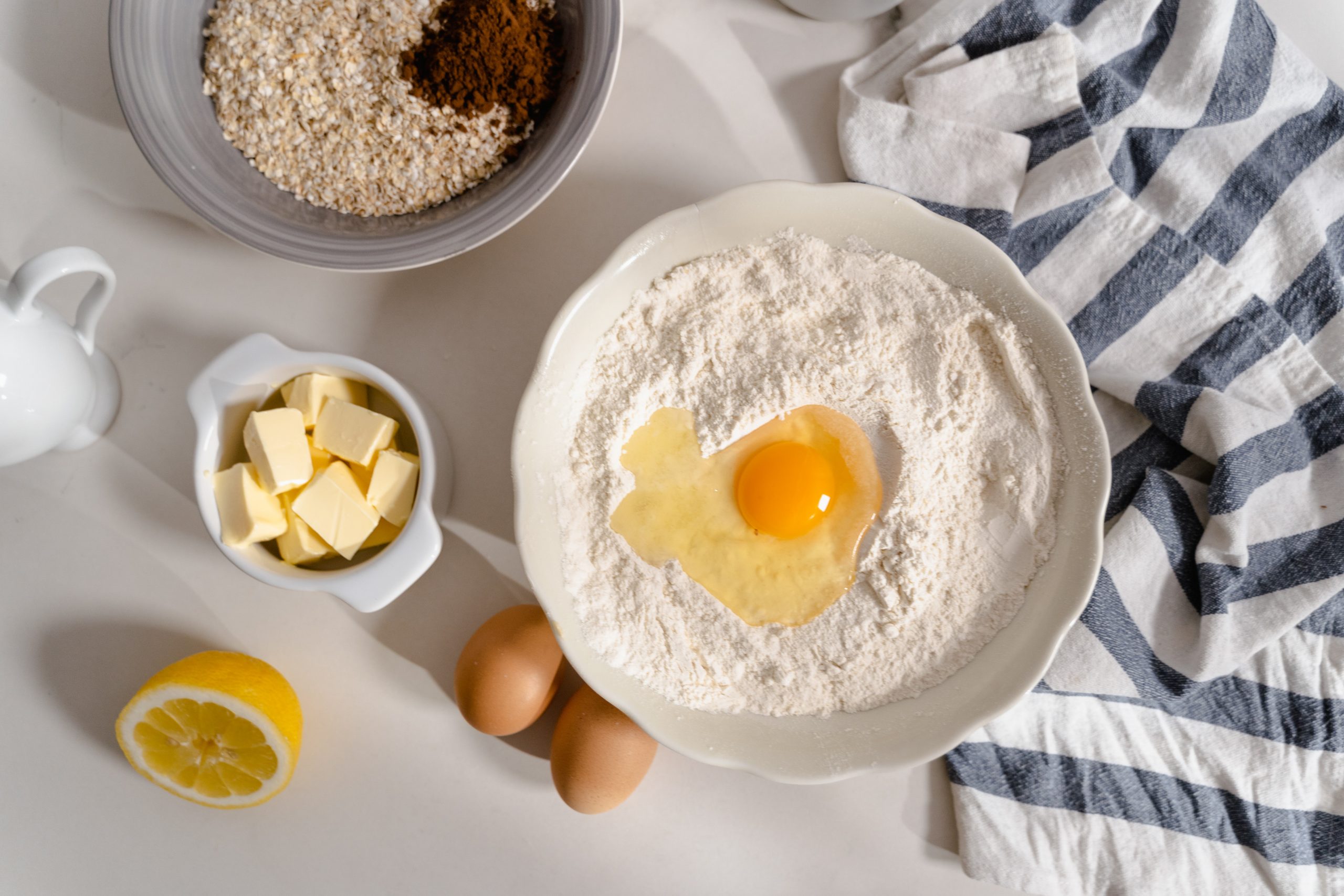How Exercise and Nutrition Boost The Immune System
The immune system is often our first and last defense against an enemy we can’t see. Sure we can go to doctors or the pharmacy if we get hit with the common cold, but the best way to fight anything is preemptively before it has a chance to strike. In a world full of drugs and medicine that bolsters the immune system, the greatest tools in your direct control is physical fitness and proper nutrition. Now more than ever is the best time to understand their impact on the immune system and what practical steps you can take to keep it active and healthy.
The Active Role of Exercise on Immune Health
Our immune system is a complicated network of cells and chemical compounds uniquely tasked with identifying and eliminating foreign pathogens (viruses, bacteria, fungi). A fully functioning immune system requires 2 layers of immune protection- the innate immune system and the acquired (adaptive) immune system.
Research has shown that a single, moderate workout has the ability to vitalize both systems. A moderate aerobic workout for example can send millions of immune cells into action.
These cells enter the blood from the spleen and bone marrow to make their way to the lungs where more immune defense may be needed. Once triggered by exercise these cells are on constant alert, ready to fight any infection as they drift through circulation and tissue.
To give an example, a simple daily walk of 30 to 60 minutes (around 4 miles per hour or a 17-minute mile) is enough to help protect your body from foreign viruses.
While exercise has a positive effect on immune health overall, varying intensities and durations of exercise can lead to a 50 to 400% increase in circulating immune cells. While this boost in cells only lasts around 3 hours after exercise, regular physical fitness is essential for boosting the immune system’s defense against pathogens.
Immune Health: Fit vs. Unfit
I think it goes without saying people’s health is generally better off with fitness than without it.
But few recognize how fitness and sedentary living correlate to immune health specifically.
There are multiple studies that conclude people who are physically active or physically fit get significantly fewer upper respiratory tract infections (URTI) than less active people (2).
In one case a group of healthy adults was chosen for a one-year observational study. During this period they were analyzed every 3 months for physical activity and illness symptoms. By the end of the study, there was a 29% decrease in URTI risk for people who performed moderate to vigorous physical activity compared to less physically active people (2).
A different study observed URTI symptoms among 1,002 adults ranging from 18 to 85 years during the common cold season (6 weeks during fall, 6 weeks during winter). After adjusting for factors such as age, gender, marital status, education level, BMI, and stress levels, researchers found the number of days URTI during the 12 weeks decreased by 43% in participants reporting an average of 5 or more days of aerobic exercise (20-minute workouts or longer) compared to sedentary individuals ( less than one exercise day per week) (2).
The most important point is chronic exercise proactively works for the body’s immune system in 2 ways:
- Increases immuno-surveillance defends against pathogens and cancer cells
- Reduces systematic inflammation that would normally hinder the immune response
Too Much Exercise Makes You Sick?
We’ve known for a while that moderate-intensity exercise has positive benefits on immunity. However, if you’ve been in the fitness industry long enough, you’ve heard claims that exercise can suppress immune function. I personally hear this all the time. The theory is that “overtraining” leads to an open window of greater possible infection hours or days after training.
As far as science goes, this theory has very little back-up.
During the 1980s and 90’s, the dawn of modern immunology research, early studies lead to three principles about immunology that have rarely been challenged since:
- Infection rates increase after a session of prolonged, vigorous aerobic exercise
- Vigorous exercise can reduce salivary IgA levels, increasing the chances of opportunistic infections
- Decreased numbers of peripheral blood immune cells following vigorous exercise is an example of immune suppression.
The problem with many of these studies is that they didn’t count for many important factors including pathogen spread during large sporting events like marathons, the volume of saliva in relation to IgA, etc. More contemporary views suggest that immune surveillance and regulation improves 1-2 hours after exercise and also redeploys immune cells to various tissue for bodily defense(5).
In fact, its most immediate effect can support the immune system in finding and removing pathogens, and down the road regular exercise slows immune changes associated with aging, further reducing the chances of infection.
Truth be told- it’s actually poor diet, psychological stress, lack of sleep, travel, and exposure to pathogens at social events that leads to infection, not exercise (1).
As Dr. James Turner from the Department for Health at the University of Bath puts it:
“Our work has concluded that there is very little evidence for exercise directly
increasing the risk of becoming infected with viruses. But people should not overlook the
importance of staying fit, active, and healthy during this period (coronavirus)…Daily exercise
will help better maintain the way the immune system works —not suppress it.”
Immune Health and Nutrition
Nutrition is essential for proper bodily functions. If the body is undernourished, the immune system’s effectiveness can be reduced, altering immune functions necessary for protection. This can be caused by not consuming enough macronutrients (carbs, fats, protein) or an insufficient amount of micronutrients (vitamins and minerals) in the diet. There are plenty of macro and micronutrients the body needs for immune health, some including:
- Essential amino acids
- Vitamin A
- Folic acid
- Vitamin B6
- Vitamin B12
- Vitamin C
- Zinc
- Iron
The lack of one or more of these micronutrients can have a direct effect on virtually all forms of immunity. Animal and human studies have revealed that adding deficient nutrients back into the diet can actually restore immune function and resistance from infection (3).
Active PK is a dietary supplement intended to not only reduce cravings and hinder the storage of fat on the abdomen but also boost energy levels and mental clarity throughout the day.
As you can see, there are many different micronutrients that play a role in immune health. This fact could also explain why a well-balanced diet with a variety of food groups is superior to a singular “cure all’ food solution. A lot of these nutrients’ ability to protect the immune system comes from their antioxidant capacity, which is diminished if consumed in excess.
Immune Boosting foods
- Garlic: ingredients present in garlic, Allicin, and sativum, allegedly have antiviral and antimicrobial properties that defend against infection. It should be noted that there are few high-quality studies comparing garlic supplements with placebos. A Cochrane review found only one study of reasonable quality that explored the topic. When observing 146 participant taking garlic supplements over a 3-month span had fewer cases of the common cold than those on a placebo, though after getting the virus both groups had it for similar durations (4).
- Green tea: green tea is well known for its healing properties; anti-carcinogenic, anti-inflammatory, antimicrobial, antioxidant, and is beneficial for cardiovascular disease (CVD), diabetes, obesity, and neurologic and oral health (5). The catechins in green tea have been proven to be effective against multiple viruses, parasites, and fungi. Their main antiviral function prevents viruses from attaching to or entering host cells, inhibiting viral RNA and DNA synthesis as well as gene transcription, and destroying and functionally altering various viral molecules (5).
- Yogurt: while many of the studies have design issues, lack of proper controls, and limited result interpretation, there is still a strong rationale that yogurt can (particularly in compromised populations like the elderly) enhance the immune system (6). The theory is that lactic acid bacteria (LAB) found in yogurt when in the intestines can inhibit the growth of pathogenic bacteria, contributing to reduced infections. Regardless of its immune effects, yogurt is still a great staple in a healthy diet.
How to Boost The Immune System
It has always been important to stay physically active and maintain a balanced diet, but it’s never been more important than now as it relates to our immune systems. Immune health doesn’t have to be complicated. A few simple lifestyle changes and conscious decisions can protect your body from foreign pathogens and keep you healthy year-round. Here are a few of the best tips for making that a reality:
- Consistently perform moderate exercise
- Try to get between 7-9 hours of sleep. Science verifies that getting consistent, restful sleep helps to balance hormones necessary for rejuvenating the body and managing stress.
- Upkeep your hygiene. Washing your hands regularly after touching various surfaces will reduce the spread of germs.
- Eat a diet of whole macro and micronutrients, full of nutrient-dense fruits, vegetables, whole grains, protein, and dairy.
- If you can’t get a hold of some of the foods to complete a well-balanced diet, try taking multivitamins to fill in the gaps of vitamins and minerals your body may be missing to protect your immune system.
- Stop smoking
- Reduce your stress levels. Though it’s not as simple as changing what you eat, science shows that stress is intimately linked to the body’s immune health. The less stress you have in your life, the better your chances of fighting infection.



